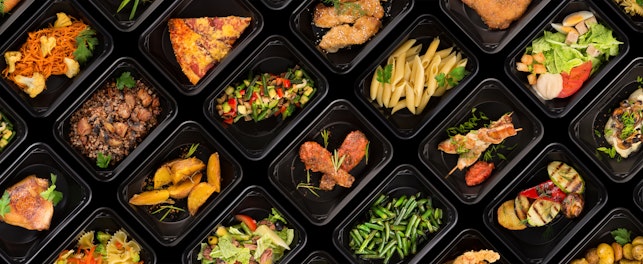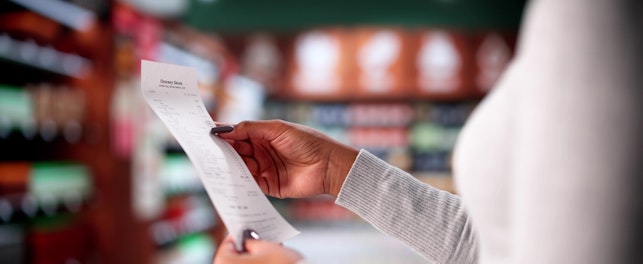Washington State has banned PFAS in four specific types of food packaging derived from plant fibers. This ban will become effective in February 2023.
In 2018, the governor of the U.S. state of Washington signed ESHB 2658 into law to regulate perfluoroalkyl and polyfluoroalkyl substances (PFAS) in food packaging. According to the definitions in the law, food package means ‘a package or packaging component that is intended for direct food contact and is comprised, in substantial part, of paper, paperboard, or other materials originally derived from plant fibers.’
The law, recodified as RCW 70A.222.070, authorized the Department of Ecology (DOE) to conduct an alternatives assessment and publish its findings by January 1, 2020. The ban on PFAS in food packaging will become operative on January 1, 2022 if the DOE determines that there are safer alternatives available for specific food packaging applications. If the DOE does not find safer alternatives for some or all categories of food packaging, it must review and report on alternatives starting January 1, 2021 and annually thereafter. The prohibition of PFAS in specific food packaging applications will become effective two years after safer alternatives are available in the findings and they have been submitted to the Legislature.
In February 2021, the DOE published its ‘Per- and Polyfluoroalkyl Substances in Food Packaging Alternatives Assessment’ and submitted ‘Safer Alternatives to PFAS in Food Packaging’ to the legislature. The alternatives assessment report found that safer alternatives are available for four specific applications – food boats, pizza boxes, plates & wraps, and liners (Table 1.).
| Entry | Application | Safer Alternatives |
|---|---|---|
| 1 | Food boats | Clay-coated and reusable options |
| 2 | Pizza boxes | Uncoated options |
| 3 | Plates | Clay-coated and reusable options |
| 4 | Wraps and liners | Wax-coated options |
Table 1. Safer alternatives identified for specific food packaging applications
The DOE did not complete the alternatives assessment by January 1, 2020. It will develop on the information from the first alternatives assessment and commence another alternatives assessment for six remaining types of food packaging:
- Bags and sleeves
- Bowls
- Clamshells
- French fry cartons
- Interlocking food containers
- Trays
By submitting the alternatives assessment report to the legislature, the prohibition of PFAS in four types of food packaging derived from plant fibers will become effective in February 2023. Highlights of this are summarized in Table 2.
| Substance | Scope | Requirement | Effective Date |
|---|---|---|---|
| PFAs | The following food packaging made, in substantial part, from paper, paperboard or other materials derived from plant fibers
| Prohibited | February 2023* |
| *This effective date is slightly more than one year after the date listed in RCW. 70A.222.070 | |||
Table 2
SGS technical experts have extensive knowledge and testing experience in materials and articles in contact with food. They work to ensure that your products meet the appropriate regulations for food contact materials, paving the way for compliance. From overall migration tests to expert advice on emerging regulations, compliance issues and documentation review, SGS is the partner to trust. In the end, it’s only trusted because it’s tested. Discover more on our website and read our brochure.
For enquiries, please contact:
Hingwo Tsang
Global Information and Innovation Manager
t: (+852) 2774 7420
© SGS Group Management SA - 2021 - All rights reserved - SGS is a registered trademark of SGS Group Management SA. This is a publication of SGS, except for 3rd parties’ contents submitted or licensed for use by SGS. SGS neither endorses nor disapproves said 3rd parties contents. This publication is intended to provide technical information and shall not be considered an exhaustive treatment of any subject treated. It is strictly educational and does not replace any legal requirements or applicable regulations. It is not intended to constitute consulting or professional advice. The information contained herein is provided “as is” and SGS does not warrant that it will be error-free or will meet any particular criteria of performance or quality. Do not quote or refer any information herein without SGS’s prior written consent.



